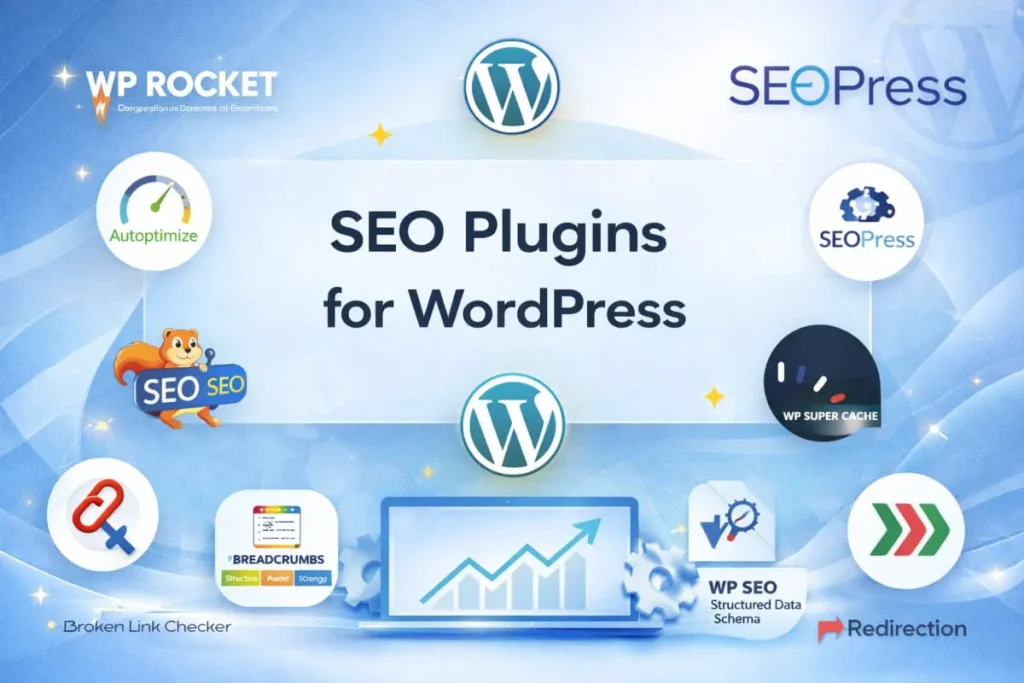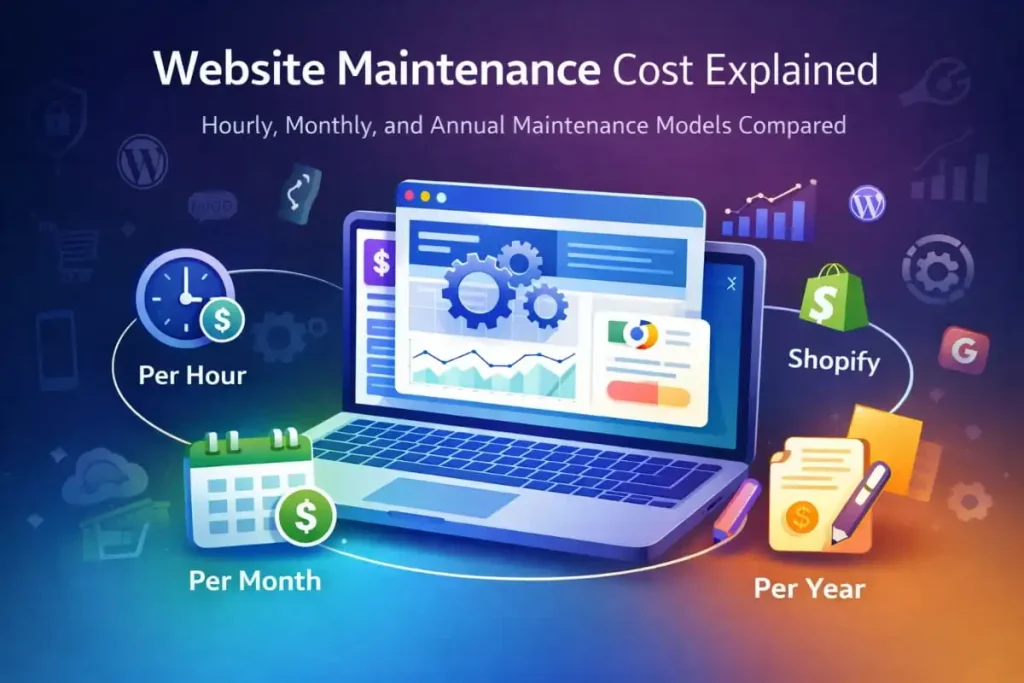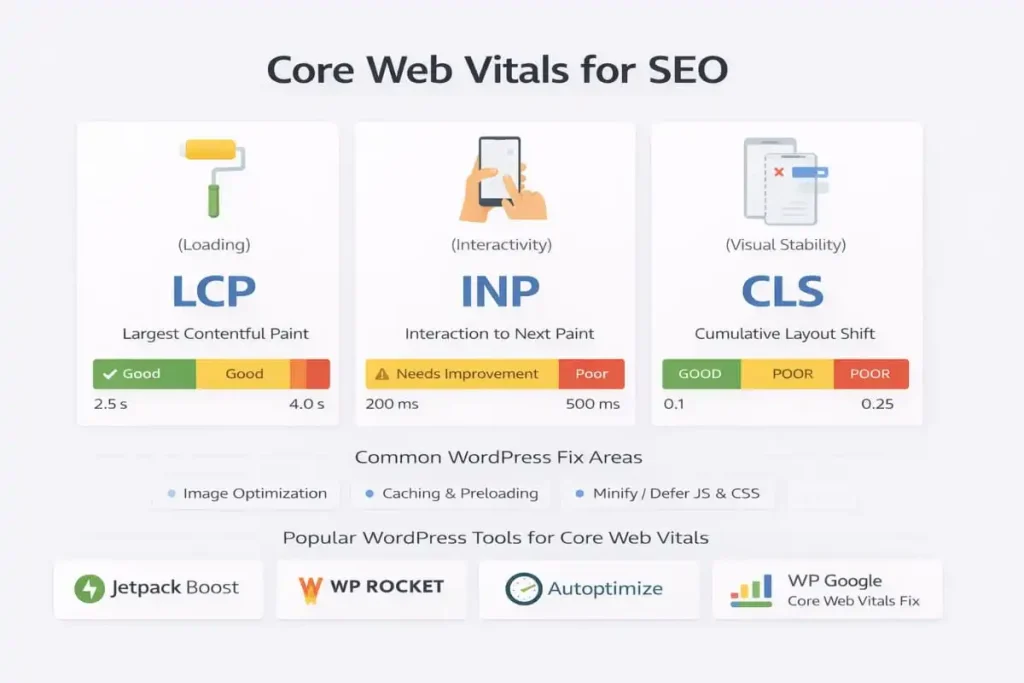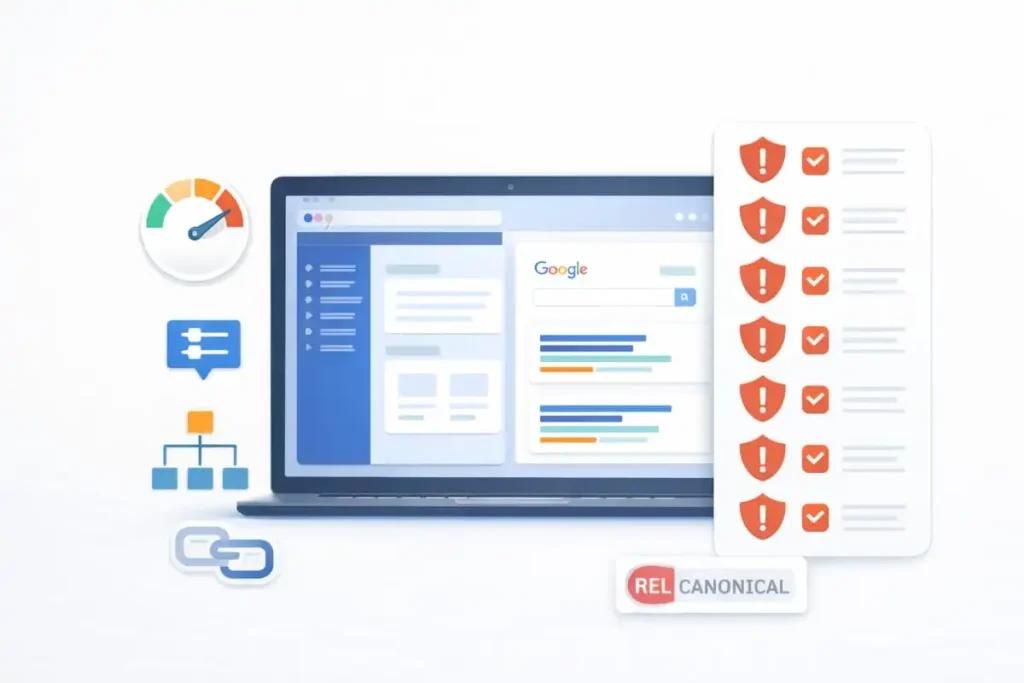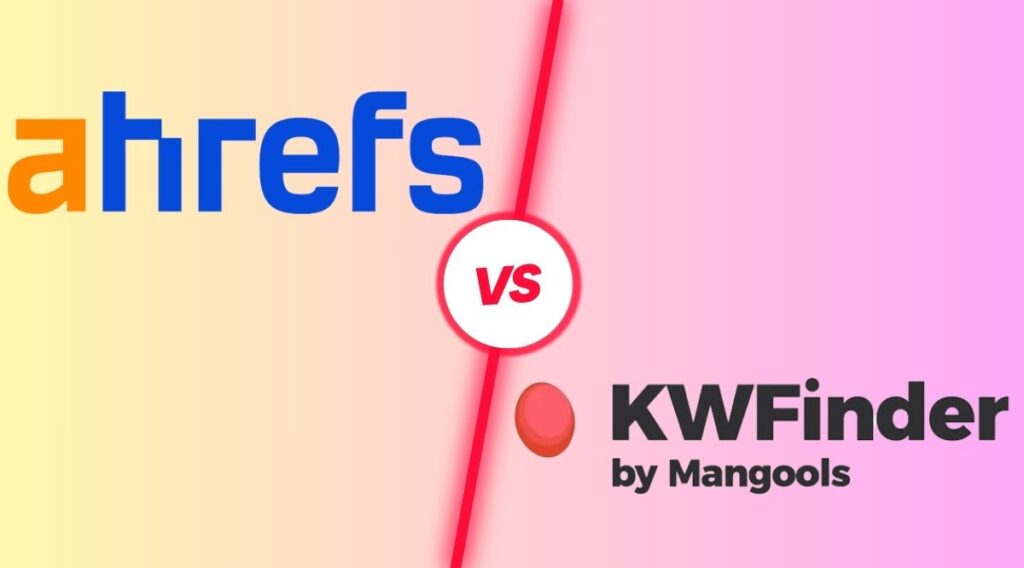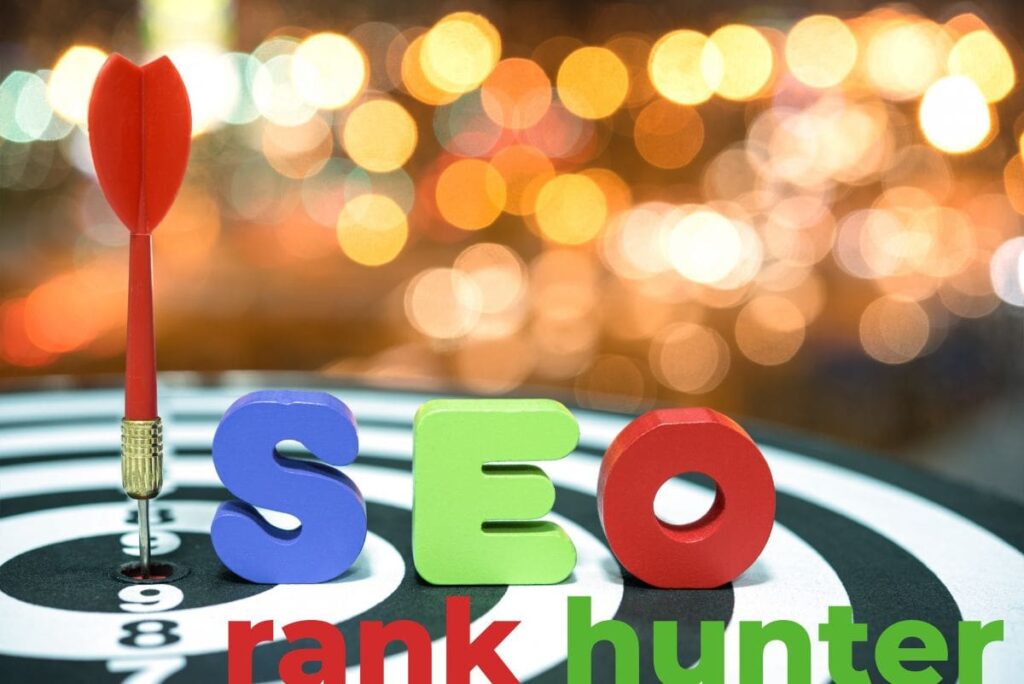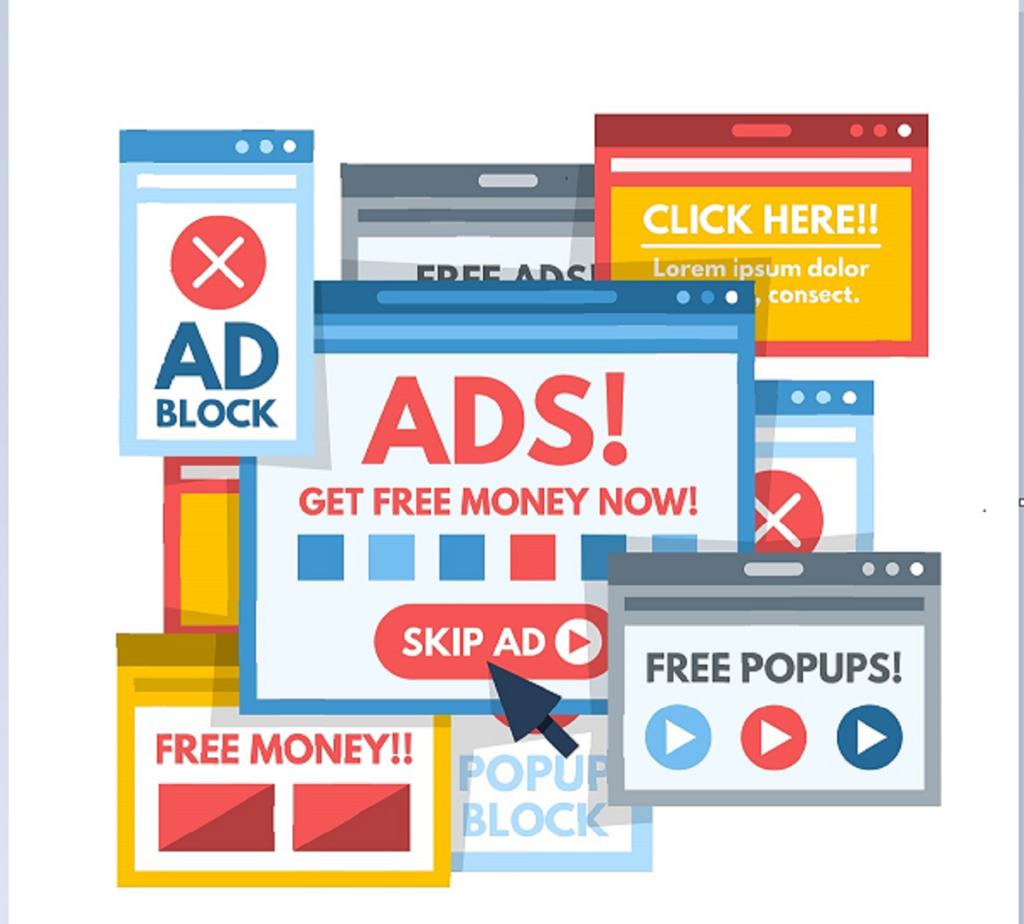In today’s digital-first landscape, content is more than just words on a website — it’s the foundation of how brands connect, engage, and build meaningful relationships with their audience. If you’re asking, “Why is content marketing important?” the answer lies in its ability to deliver value at every stage of the customer journey. From brand discovery to conversion and loyalty, content has become the most trusted bridge between businesses and their customers.
This comprehensive guide explores the core reasons content marketing is crucial for growth in 2025 and beyond. Whether you’re a small startup or an established enterprise, understanding and investing in content is no longer optional — it’s essential.
What Does Content Marketing Mean?
Content marketing is the practice of delivering strategically crafted, audience-focused material designed to inform, engage, and convert. Unlike traditional advertising, which interrupts, content marketing invites people in by providing valuable and relevant information.
It includes:
- Blog articles that solve real-world problems
- Video content that educates and entertains
- Infographics that simplify complex ideas
- Podcasts that spark thoughtful conversation
- Newsletters that nurture long-term relationships
- Social media posts that encourage interaction
It’s not just content — it’s communication with purpose.
Content Creates a Foundation of Trust
Before anyone makes a purchase or submits a form, they need to trust your brand. That trust isn’t built overnight, and it certainly isn’t built through aggressive sales tactics.
When a potential customer finds a blog post that answers their question or a video that simplifies a confusing process, your brand becomes more than a business — it becomes a resource. This trust can turn passive readers into active buyers and long-term clients.
Real impact:
- 84% of people expect brands to provide helpful, consistent content
- Trust increases when your content is accurate, honest, and helpful
It Powers Long-Term Organic Visibility
Great content isn’t just valuable to readers — it’s a powerful tool for search engine discovery. By creating high-quality, keyword-optimised content, your website becomes a go-to destination for organic search queries.
The more content you publish that matches what your ideal audience is searching for, the more likely you are to appear at the top of search results. And once your content ranks, it can generate traffic indefinitely.
Key benefits of content-driven SEO:
- Increases discoverability across search engines
- Targets informational and commercial search intent
- Builds authority and improves domain relevance
It Supports Every Stage of the Buyer Journey
A first-time visitor needs a different message than someone ready to make a decision, and that’s where a robust content strategy shines.
From early-stage awareness blogs to in-depth comparison guides and compelling testimonials, content helps lead potential customers through every phase:
- Awareness: Introduce the problem and solution
- Consideration: Offer value and comparison
- Decision: Provide proof and motivation to act
Innovative brands map their content to these stages and create experiences that nurture users, not pressure them.
Content Marketing Reduces Ad Spend Dependency
Paid advertising has its place, but it shouldn’t be your only strategy. With content, you invest once and benefit continuously. One well-optimised article can attract leads for years without additional cost.

Compare that to paid ads, where traffic disappears the moment the budget dries up. Content gives you staying power.
Long-term ROI:
- Lower customer acquisition costs over time
- More sustainable lead generation
- Enhanced results when combined with PPC and remarketing
It Builds Brand Authority in Competitive Markets
To stand out in saturated industries, your brand must be seen as credible and experienced. Publishing authoritative content helps you earn that status.
The more helpful, detailed, and insightful your content is, the more your audience will view you as a trusted expert. Over time, this brand authority translates to higher conversions and increased referrals.
Authority-building content includes:
- Industry trends and insights
- In-depth guides and tutorials
- Research-backed opinion pieces
- Case studies and success stories
Content Enhances Engagement Across Channels
Great content isn’t confined to your blog. It can fuel your entire marketing mix:
- Social media: Share tips, stats, quotes, and short clips from long-form content
- Email marketing: Send curated content to nurture subscribers
- YouTube and video: Turn blog content into short-form video explainers
- Webinars: Build deep-dive sessions from existing educational pieces
Repurposing multiplies your reach without multiplying your workload.
It Aligns with How Modern Buyers Make Decisions
The internet has changed buying behaviour forever. Modern customers don’t want to be sold to — they want to be educated. They ask questions, read reviews, compare solutions, and form opinions before they reach out.
Content marketing puts you exactly where buyers are looking: at the top of search engines, inside their social feeds, and in their inboxes.
Influence through content:
- 70% of consumers choose learning about products via content over ads
- B2B buyers consume an average of 13 pieces of content before purchasing
It Supports Customer Retention and Advocacy
Content isn’t just about acquiring customers — it’s about keeping them.
Providing post-sale content like user guides, product updates, and customer success stories keeps clients engaged and supported. Loyal customers not only stick around — they become advocates, referring others to your brand.
Retention-focused content ideas:
- Product walkthrough videos
- Email tips and tricks
- Community spotlights
- User-generated content features
It Creates Evergreen Assets That Scale
Your blog, video library, and resource centre aren’t short-term plays. These are assets that scale with your business. As you publish more high-value content, your brand reach grows—your visibility compounds. Your influence spreads.

Unlike paid campaigns that end with a budget, evergreen content delivers results on autopilot.
Key elements of scalable content:
- Timeless value
- Clear structure and readability
- SEO optimisation for search and discovery
10. Content Marketing Humanises Your Brand
People connect with people, not faceless corporations.
Your content can bring your brand to life by telling stories, showing behind-the-scenes moments, or sharing real customer experiences. This human touch builds empathy, loyalty, and emotional connection.
The result? A brand that feels approachable, not transactional.
Human-driven content includes:
- Founder stories
- Team introductions
- Community involvement
- Brand values and mission
How to Create Content That Works
Content for content’s sake won’t move the needle. You need a clear plan, audience understanding, and consistency.
Here’s how to start:
- Identify your audience: Know their problems, desires, and language
- Choose the right formats: Blog, video, audio, visual — wherever they are
- Optimise for search: Use natural language, keywords, and structure
- Create value, not noise: Focus on usefulness, not fluff
- Measure and refine: Use data to track what resonates and improve it
Don’t aim for viral. Aim for valuable.
Final Thoughts
So, why is content marketing important? Because it fuels your business with visibility, authority, trust, and growth. It educates, nurtures, and converts in ways no other marketing method can.
In a noisy world, great content isn’t just noticed — it’s remembered. If you want to build a brand that attracts, engages, and converts consistently, content marketing is the path forward.
Start now. Write with purpose. Speak to real problems. And let your content carry your business further than you ever imagined.
Frequently Asked Questions
Why is content marketing considered a long-term strategy?
Because it builds assets that keep generating results long after they’re published, unlike paid ads.
Can content marketing work for small businesses?
Absolutely. It levels the playing field by permitting small businesses to compete with larger ones through expertise and consistency.
What if I don’t have time to create content?
You can outsource to a trusted partner or start small with one high-quality post per month and repurpose it.
Is blogging still effective in 2025?
Yes. When done right, blogging is one of the most effective ways to drive traffic and rank on search engines.
How do I know if my content is working?
Track key metrics like traffic, time on page, conversions, bounce rate, and engagement across channels.

